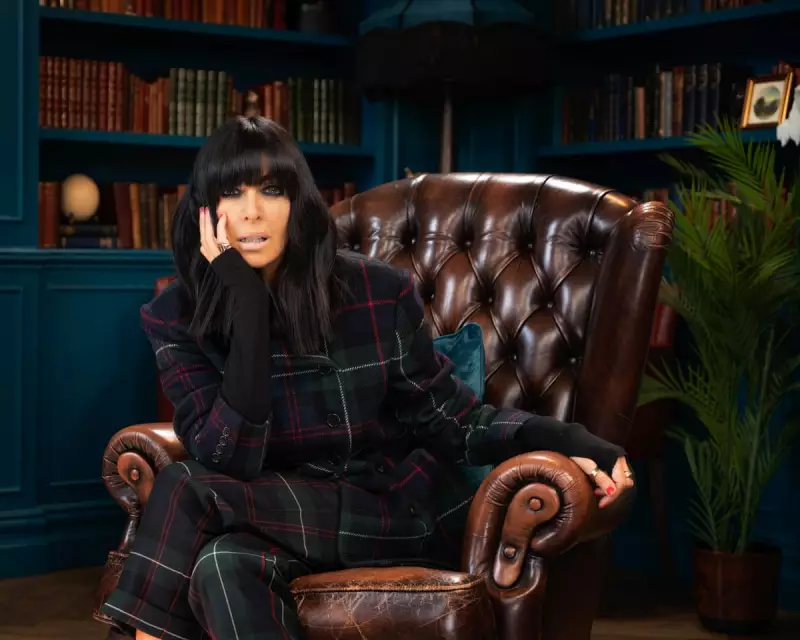
In a scathing critique of modern celebrity culture, a new Guardian column examines Claudia Winkleman's hit show The Traitors and its upcoming celebrity edition, questioning what our fascination with famous deceivers says about contemporary society.
The Seduction of Celebrity Wrongdoing
The piece argues that our collective obsession with watching celebrities lie and betray on screen reflects a deeper societal sickness. Rather than condemning dishonesty, we find ourselves strangely drawn to watching famous faces engage in deception, often cheering them on regardless of their moral compass.
This phenomenon reveals an uncomfortable truth: we're increasingly willing to forgive almost any transgression if it's committed by someone famous. The column suggests this represents a dangerous erosion of our moral framework, where celebrity status acts as an ethical get-out-of-jail-free card.
The Winkleman Effect
Claudia Winkleman's masterful hosting plays a crucial role in this dynamic. Her knowing winks and playful demeanour create an atmosphere where betrayal becomes entertainment rather than something to be morally condemned. The show's format cleverly blurs the lines between harmless game-playing and more concerning real-world ethical compromises.
The upcoming celebrity version promises to amplify this effect, with famous contestants likely receiving different treatment from both viewers and fellow players simply because of their established public profiles.
A Society Losing Its Moral Bearings
The article paints a concerning picture of a culture that increasingly prioritises fame over substance, personality over principle, and entertainment over ethics. When we celebrate famous traitors rather than holding them accountable, we risk normalising behaviour that would be unacceptable in any other context.
This trend extends far beyond television, influencing how we respond to real-world scandals involving celebrities across entertainment, politics, and business. The column serves as a stark warning about the consequences of allowing fame to become an ethical shield.
The Uncomfortable Mirror
Ultimately, The Traitors holds up a mirror to modern Britain's values, and the reflection isn't always flattering. Our willingness to embrace celebrity traitors speaks volumes about our collective priorities and moral compass in an age dominated by social media and reality television.
As the celebrity edition approaches, the column challenges readers to consider why we find famous wrongdoers so compelling and what this says about the health of our cultural values.





